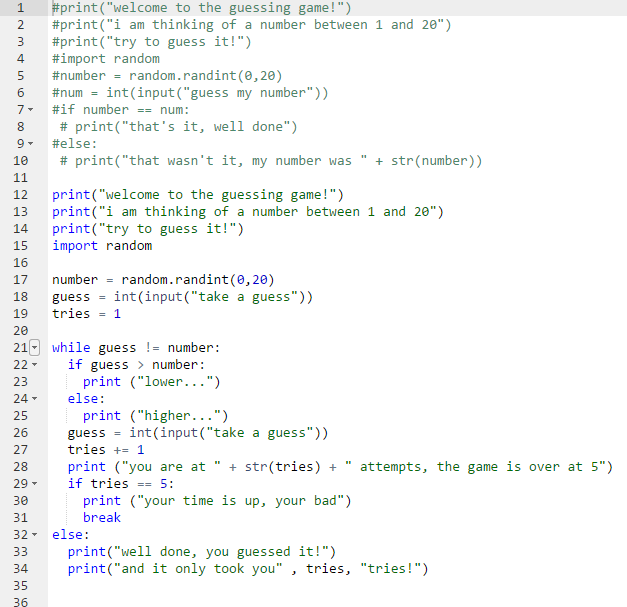Learning The Code to Open the Door to Your Future
- Leah
- 3. Feb. 2017
- 3 Min. Lesezeit
What are your reading this on? A phone? A computer? Well, no matter what it is, it has 100% used the language of code to enable you to read this, play games or save your files online. Every day there is new technology added to our daily life with which we can turn the lights on with our phones, change a song using just our voice or to save lives in hospitals. All of these inventions have and all the future inventions will as well. Due to that fact coding is something we all need to learn to open us new doors into the future of technology and our daily lives.
Learning how to code is exactly what we have decided to make our goal in the past few weeks of design class. Most of us (including me) started off not knowing what a string, a variable, an if or a function is. Slowly we then started to progress through helping each other and surprisingly through the process of failure.
In our first lesson we learned about strings and variables as well as their differences. Together, we figured out how to print string and a variable inside of a string. Whilst printing was rather simple to wrap your head around, it was the many different symbols such as brackets, plus-signs and quotation marks that I first struggled with. I mean writing a sentence like this:
rhetoric question = "is it?"
print("is not really normal " + rhetoric question)
However, after a few mistakes, misplaced brackets and missing quotation marks I started wrapping my head around it and genuinely (how shocking right?) enjoying it.
Over the course of the next few weeks and a few missed lessons I had learned how to use inputs, integer inputs, variables, string, integers, randoms, ifs, else ifs, whiles and failed at attempting to use functions. I had started creating simple games such as a computer-version of rock, paper, scissors or a simple number guessing game. Although I had struggled quite heavily with formatting an integer into a string so I can print it, with some support I ended up being able to overcome that problem as well.

Whilst yes I did fail, and far more than just once, it wasn't necessarily always a failure. Making mistakes and fixing them or getting somebody to explain my mistake to me is in the end what enabled me to learn. In coding you are supposed to fail since it helps you learn, perfect and simplify the language of code. Personally, I encountered many problems when trying to code some of the games I chose to work on. I used the wrong brackets, forgot the colon, used the wrong equal sign and once even ended with an infinitive loop that kept on printing "your time is up" over and over again. This however is exactly how I learned the correct formatting and statements and symbols and about break statements which is how I created the game below.

Now that I am looking back the most I learned from coding was logic, that's all it is: if you open a bracket you need to close it; if you create a loop you need to break it. That's all that coding is: Logic which is exactly why I think it is such a beneficial thing to learn. Our future is full of technology, don't you also want to be able to understand something when the language of code becomes the most important?





Kommentare